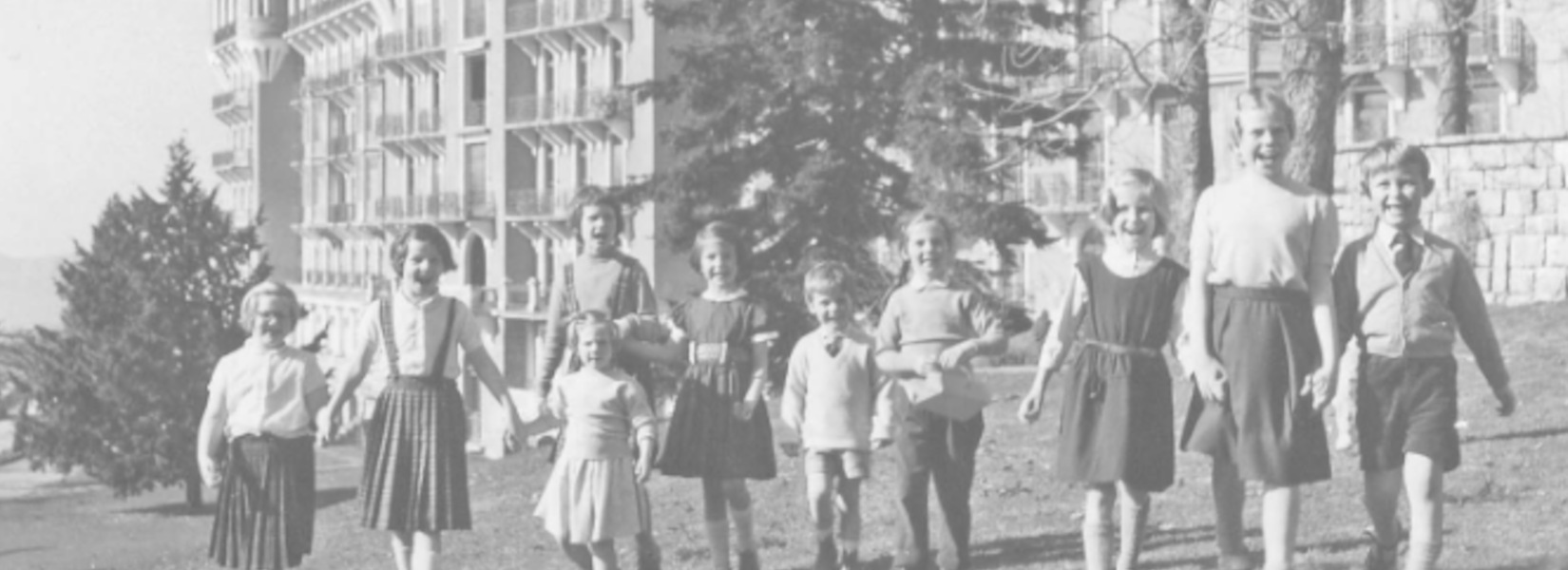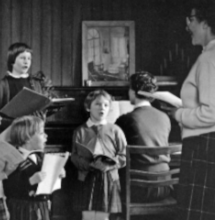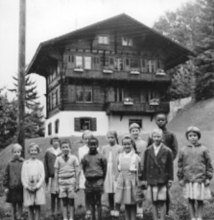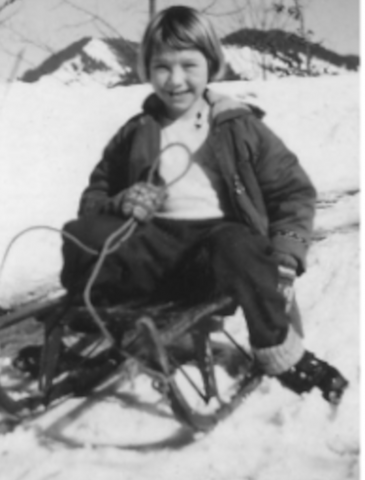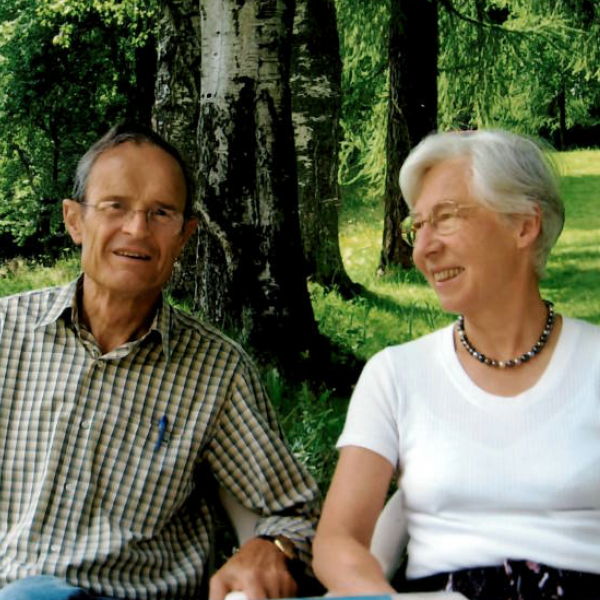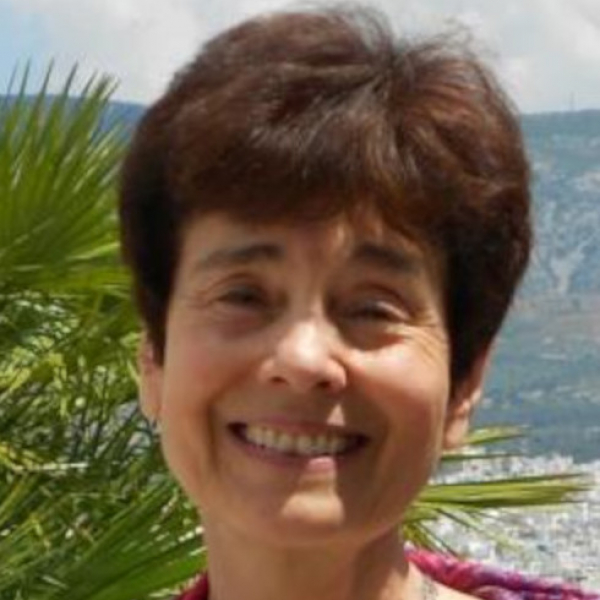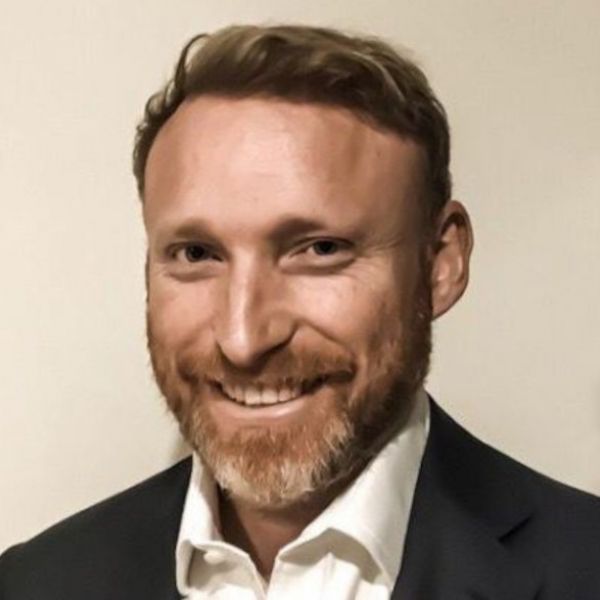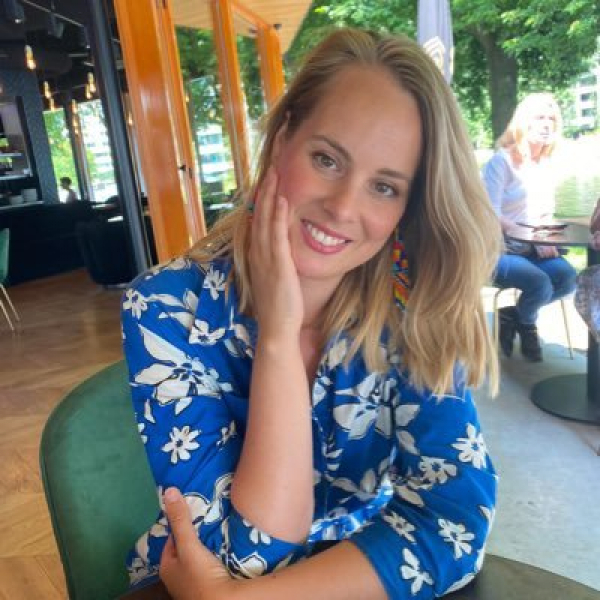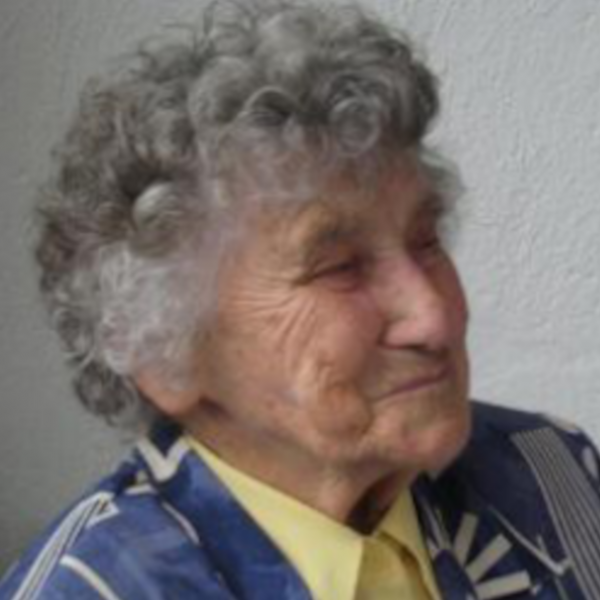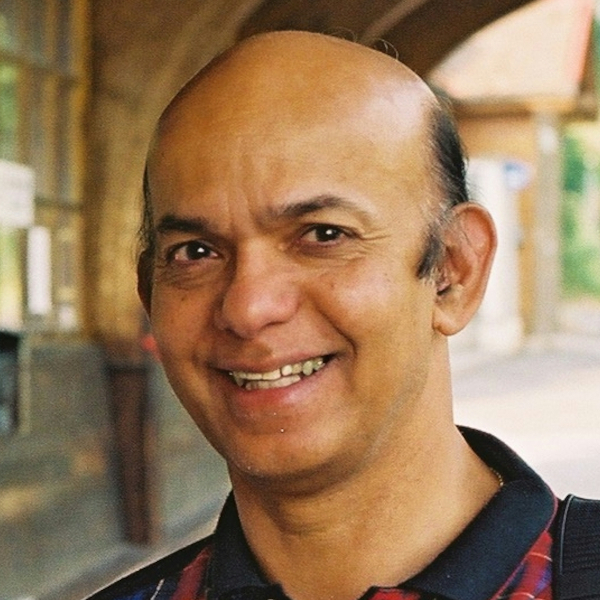
1958 - Angela Elliott: At school in Caux
28/04/2021
The 1950s and 1960s were a time of expansion for Moral Re-Armament (now Initiatives of Change), with teams of people working all over the world for reconciliation and peace in the wake of World War II. Huge casts of plays and musical shows travelled the globe and conference centres were established in Latin America, India, Japan and several countries in Africa (see 'Our Story').
Among those working full time for Moral Re-Armament (MRA) were couples with young children. A school was opened in Caux to enable the parents to travel when needed – sometimes to other continents – and to offer the children stability and an education. In an era when air travel was expensive and rare, many of the children did not see their parents for months or even years at a time.
It was a big sacrifice for parents and children alike. While some of the children kept good memories from their time at the Caux School, for others it was a very difficult period.
Mary Lean and Elisabeth Peters write:
Angela Cook (later Elliott) arrived in Caux in 1958, aged four. She spent the next five years there, while her parents worked with MRA in Germany, Asia and the US. She was one of some 40 children who lived in Caux at different times between 1955 and 1965, attending the small chalet school just up the mountain from the conference centre.
For Angela, the separation from her parents was eased by the ‘utterly dependable care’ of the young Englishwoman who looked after her, Jill Dunn (later Loughman). For others, it was hard to bear.
Why would a mother or father leave a small child for such a long period? Part of the answer lies in the urgency of the task they saw before them.
Many of the parents had lived through two world wars, and there was a real fear of a third. Angela’s mother told her years later that she had believed their work could help to avert another war: a potent motivation for someone who had grown up in Hitler’s Germany.
Angela’s mother told her years later that she had believed their work could help to avert another war.
John Bowlby’s work on the psychological dangers of separating small children from their mothers was only just beginning to be known at this time, and it is unlikely the parents – or the teachers or caregivers, all volunteers – knew of it. They believed that they were leaving their children in a safe place, where they would get a good education and that the sacrifice was theirs, not the children’s.
And most of Angela’s memories are sunny: picking wild narcissi in spring; hiking and picnicking in the summer; falling asleep to the sound of cowbells; sledging down the curvy mountain road near the school; flying through a sparkling white landscape on her skis. In those years, conferences continued year-round, and interactions with people from all over the world gave the children wide horizons.
As a child, I never questioned the rhythm of these days. Only later did I begin to comprehend the cost of our long separations.
‘As a child, I never questioned the rhythm of these days,’ says Angela. ‘I knew of nothing with which to compare them. Only later did I begin to comprehend the cost of our long separations to me and my parents.’
Other children found the situation much more difficult. The absence of their parents, frequent changes in caregivers, and the demands of living in a busy conference centre cast a shadow over their childhoods and their adult lives. The boundaries between home and school were blurred, and they missed out on going home to someone to whom they mattered more than anyone else.
When Marion Porteous (born Manson) visited Caux in 2006 with her husband and grown-up daughters, she wrote in the visitors’ book, ‘In spite of the wonderful work of reconciliation, the children suffered. Perhaps our story will be heard one day.’
In 2009, Caux Books responded to this request by publishing Stories of the Caux School 1955-65, sharing the memories, both joyful and painful, of the children, staff and caregivers who spent those years at Caux.
_____________________________________________________________
This story is part of our 75th anniversary. In this series we are telling the stories of people who have come to Caux since 1946. If you know a story appropriate for this series, please do pass on your ideas by email to John Bond or Yara Zhgeib. If you would like to know more about the early years of Initiatives of Change and the conference centre in Caux please click here and visit the platform For A New World.
Photos: Stories of the Caux School 1955-65, Caux Books, 2009
